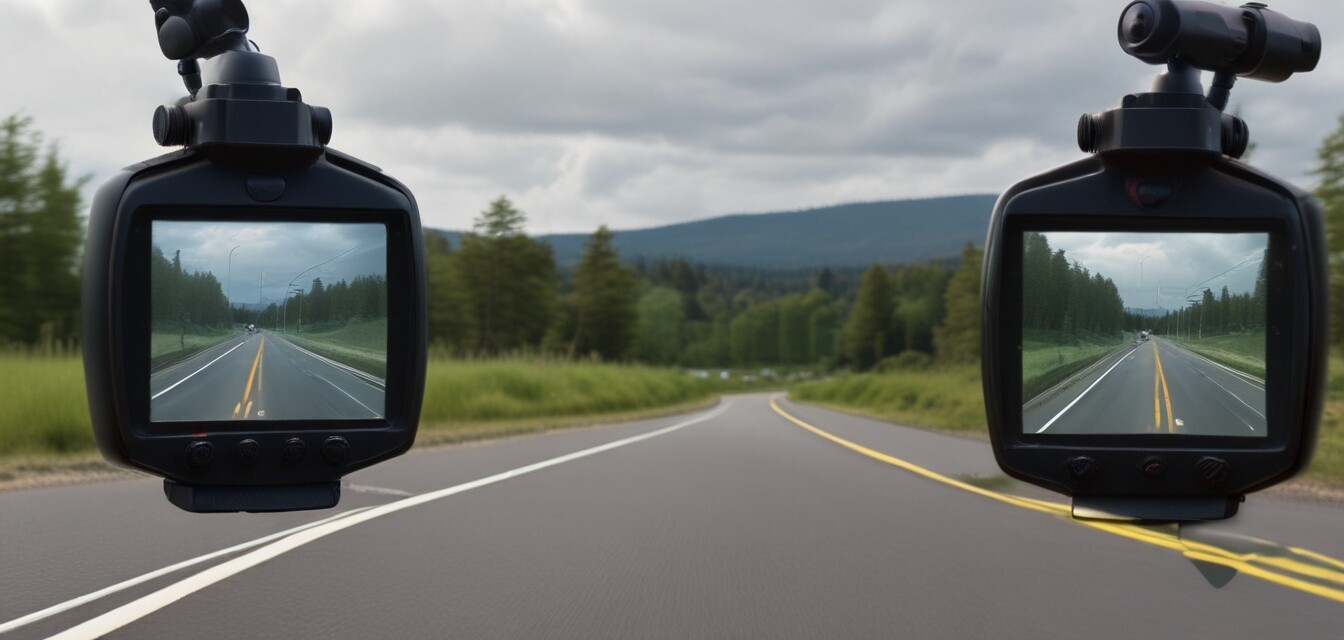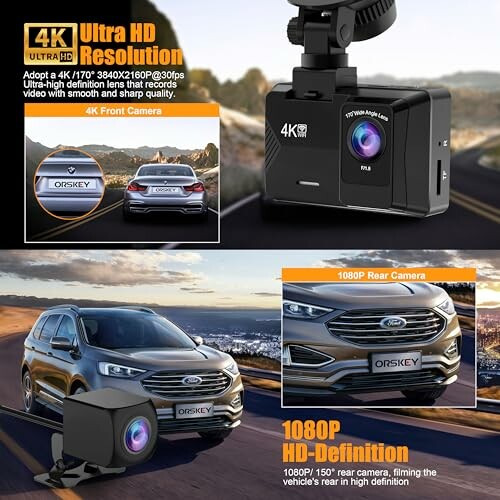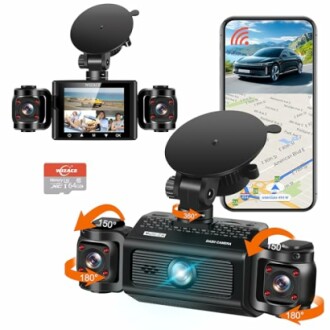
Night Vision vs. Regular Dashcams: Which Do You Need?
Key Takeaways
- Night vision dashcams provide superior recording quality in low-light conditions.
- Regular dashcams are effective for daytime use and standard lighting conditions.
- Choosing between the two depends on your driving habits and environment.
- Some dashcams offer both functionalities, combining the best of both worlds.
- Assess your budget as night vision models might be priced higher than standard models.
In today’s world, vehicle safety is paramount, and the use of dashboard cameras (dashcams) has skyrocketed. Among the various types available, night vision and regular dashcams serve as essential tools for different driving conditions. Understanding their features and functionalities will help you make an informed choice that suits your needs. Let’s dive into the comparison!
What is a Night Vision Dashcam?
A night vision dashcam is designed to enhance visibility in low-light conditions, utilizing advanced technology to capture clear video footage when lighting is poor. These cameras often include features like:
- Infrared capabilities.
- Wide Dynamic Range (WDR) technology.
- High-resolution sensors.
- Enhanced lens options.
Benefits of Night Vision Dashcams
- Clear Footage at Night: Captures important details in minimal light.
- Wider Coverage: Reduces blind spots and captures more lanes of traffic.
- Durability: Often built to withstand extreme weather conditions.
What is a Regular Dashcam?
Regular dashcams are designed for everyday use, capturing video footage in various lighting conditions, primarily during the day. They typically come with features such as:
- 1080p or 4K video resolution.
- Loop recording functionality.
- G-sensor for incident detection.
Benefits of Regular Dashcams
- Cost-Effective: Usually lower in price compared to night vision models.
- User-Friendly: Simple installation and operation.
- Reliable in Daylight: Challenges experienced during night driving do not apply.
Feature Comparison: Night Vision vs. Regular Dashcams
| Feature | Night Vision Dashcams | Regular Dashcams |
|---|---|---|
| Video Quality in Low Light | Excellent | Average |
| Video Quality in Daylight | Good | Excellent |
| Price | Higher | Lower |
| Installation Ease | Moderate | Easy |
| Additional Features | Advanced night sensors | Standard features |
| Best for | Frequent night drivers | Daytime-oriented use |
How to Choose the Right Dashcam for Your Needs
Selecting the right dashcam boils down to understanding your specific usage patterns and environment:
- If you primarily drive at night, consider investing in a night vision dashcam for enhanced security.
- If most of your driving is done during daylight hours, a regular dashcam will suffice.
- Consider a dual dashcam for both front and rear coverage, ensuring all angles are captured efficiently.
Popular Products to Consider
ORSKEY A12 4K Dual Dash Cam
A top choice for both front and rear recording with 4K and 1080P capabilities, plus night vision features.
Explore NowWIZACE 3 Channel Dash Cam
Ideal for capturing everything around your vehicle, including inside footage, offering advanced night vision capabilities.
More DetailsConclusion
Ultimately, the choice between night vision and regular dashcams depends on your driving habits and typical conditions. If night driving is a significant part of your routine, a night vision dashcam would offer the peace of mind you deserve. However, for primarily daylight conditions, a regular dashcam should fulfill your needs effectively. Always consider quality, additional features, and your specific requirements when making a decision.
Tips for Beginners
- Check reviews before making a purchase to ensure you’re getting a quality product.
- Consider the mounting options that fit your vehicle type for optimal installation.
- Assess the warranty and customer service ratings of the manufacturers.
- Evaluate the ease of transferring footage to a computer for storage purposes.
- Look for models with easy-to-use smartphone apps if Wi-Fi connectivity is important to you.


